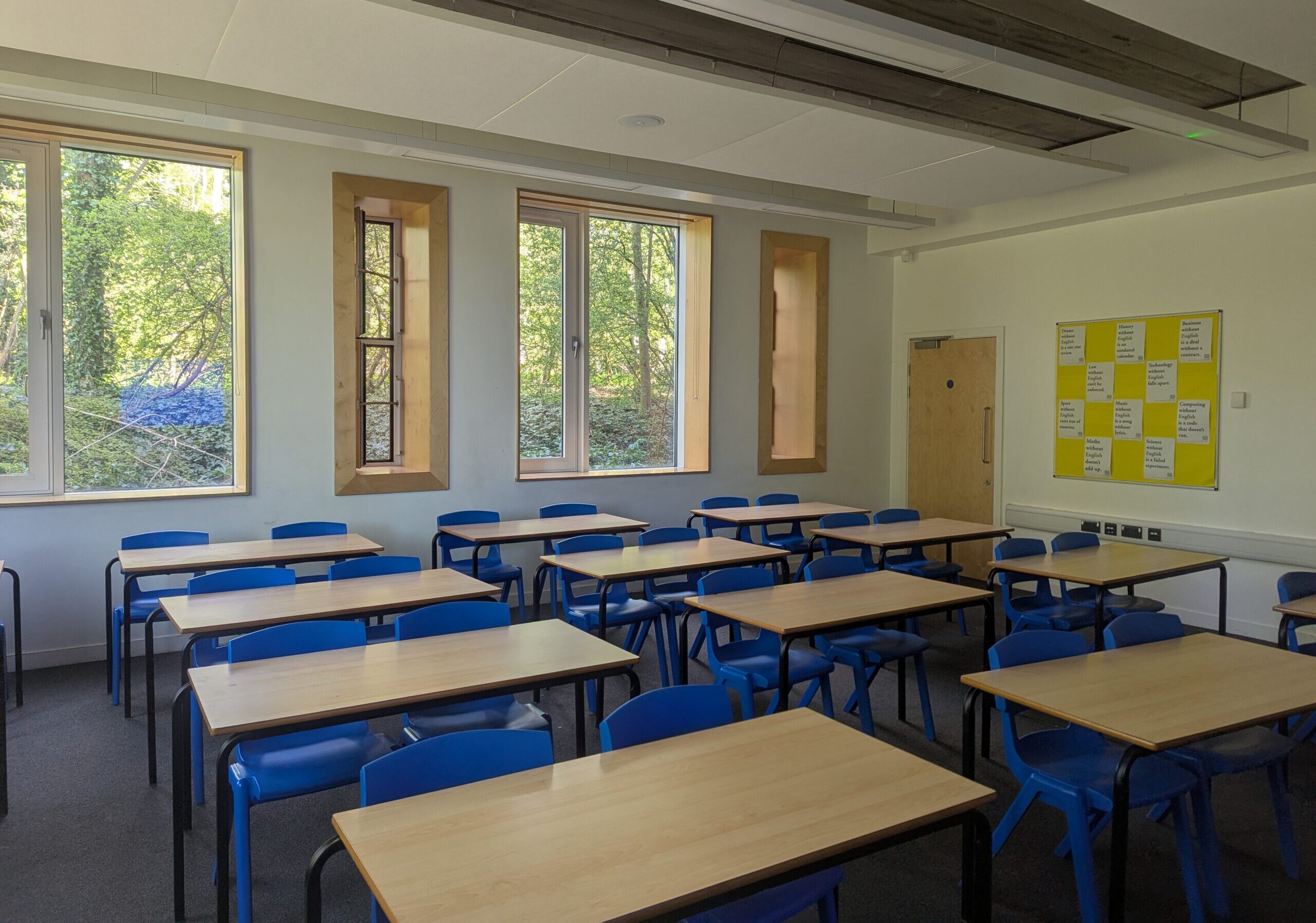From Page to Stage: Enhancing Literature learning with the BBC Shakespeare Archive
Joseph Leckie Academy, Walsall
The English department at Joseph Leckie Academy have been using the BBC Shakespeare Archive and Literary Archive over the last 2 years to support their curriculum and encourage deeper engagement with set texts. We spoke to Assistant Head of Faculty, Shuheda Ahmed to hear how the school has embedded audio-visual Literature resources into its teaching and the impact its had on student engagement and learning.

Filling gaps in the curriculum
A major challenge before adopting ERA was the lack of full-length Shakespeare productions. “Shakespearean plays can be difficult for students,” Shuheda explains. “Now, after we teach a scene, we consolidate learning by watching the (corresponding scene from the) play. Seeing the performance in action makes understanding so much easier.”
“The department teaches Macbeth in Year 9, Romeo and Juliet in Year 10 and we do some extra texts (extracts) from A Midsummer Night’s Dream and The Tempest in key stage 3. The visual element of performance helps students grasp complex language and themes. When having students read aloud, they aren’t necessarily using intonation so it can be difficult for others to comprehend. With ERA, we can access different adaptations, breaking barriers for students who might struggle to understand Shakespearean English.”
The BBC Literary Archive has also enriched studies beyond Shakespeare. The school teaches The Kite Runner at sixth form. “For The Kite Runner, there are interviews with author Khaled Hosseini that provide valuable context”, Shuheda shares.
Boosting student engagement and representation
A particularly impactful moment came when students saw the 2018 Royal Shakespeare Company production of Romeo and Juliet featuring an Indian actor (Bally Gill) as Romeo. “At first, they questioned it – ‘How can Romeo be Indian?’ It sparked a great discussion about representation in literature.
"Ever since, I make a point of showing different versions to reflect diversity and broaden perspectives. We have a huge South Asian demographic here so, it’s good for students to see actors that look like them in the content they’re studying."
Supporting hybrid learning with Student Share
“Students who have missed class or want a refresher can access recordings in their own time, we don’t always have the time to show the full programme or we can only show it once so, I’ll use the student share button to send them a link to watch it in their own time. I’ve had students e-mail me again asking me for the link, so it’s definitely something that they’re using.
A game-changer in resource access
Before integrating ERA, teachers at the school faced challenges sourcing quality video materials. “We were using YouTube or occasionally we’d have our IT team recording BBC documentaries,” says Shuheda. “The problem was finding high-quality, relevant content – sometimes the video wasn’t actually what the title of the video said and there was the risk that useful resources might be taken down or expire quickly. There were certain videos we couldn’t find at all, for example, the Shakespeare animated shorts – I’d seen them before, but they were very hard to find. ”
With ERA, Joseph Leckie Academy now has a centralised hub for educational content. “Almost everything we study has a video available, saving us the time spent searching for suitable materials. Plus, we can access full-length productions and BBC documentaries that we couldn’t before.”
Improved lesson planning
ERA has helped streamline lesson preparation. “Previously, I’d spend 20-30 minutes searching for a quality video, verifying it and copying links. Now, I can check ERA in a minute and find what I need,” says Shuheda. “It’s an invaluable tool, whether for Shakespeare poetry or other literature studies.”
